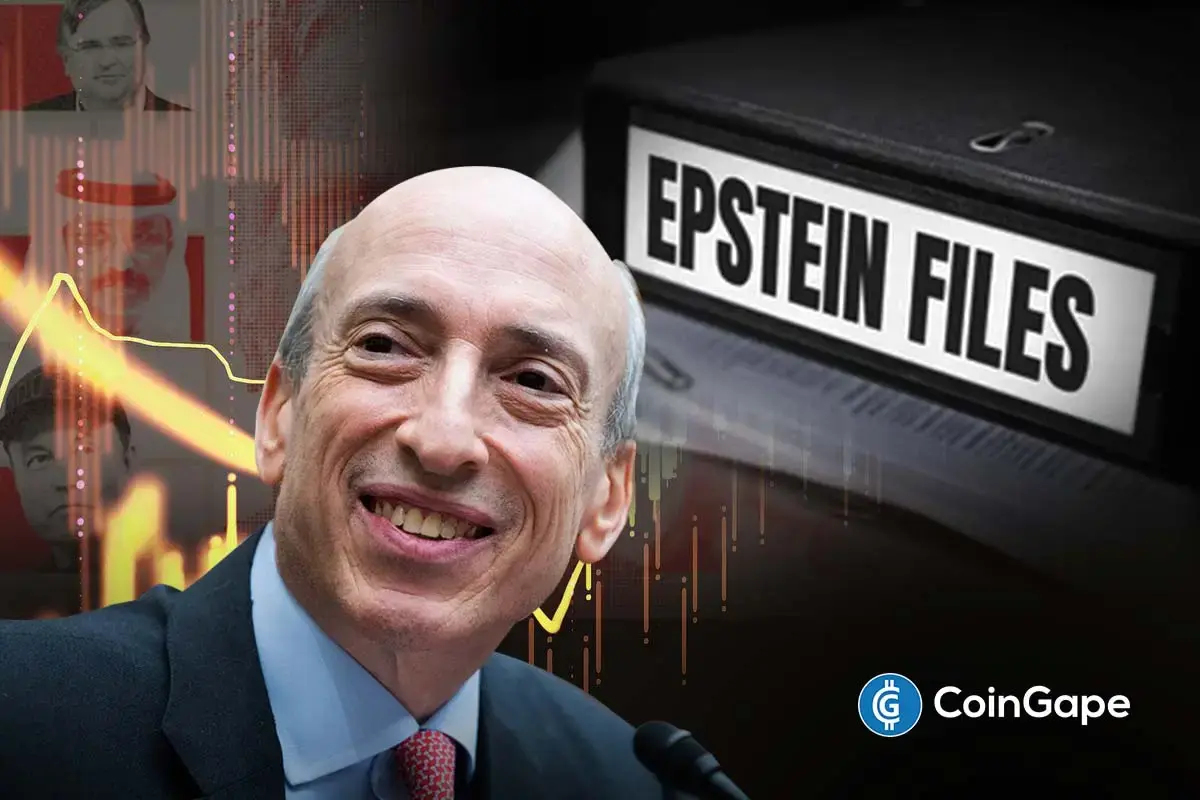House Hearing Challenges SEC’s New Equity Rules, Here’s Why

Highlights
- Chair Wagner challenges SEC's lack of evidence for market reforms; highlights U.S. trading volume at 12 billion shares daily.
- Supreme Court rules SEC fraud cases require jury trials, reshaping federal enforcement strategies.
- Wagner urges cautious SEC approach, citing U.S. market stability and retail investor risks.
The House Financial Services Subcommittee on Capital Markets, under the leadership of Chairman Ann Wagner (MO-02), held a hearing titled “Solutions in Search of a Problem: Chair Gensler’s Equity Market Structure Reforms.”
The session focused on the equity market structure reforms proposed by SEC Chair Gary Gensler, which aim to overhaul the current structure of American equity markets.
House Hearing Challenges SEC’s New Equity Rules
The chairman of the commission, Wagner, noted that there is no clear understanding of the market issues that the proposed reforms address and how they will help market participants.
Wagner pointed out that the U. S. capital markets are already very liquid and competitive, pointing out that 12 billion shares are traded in American stock markets daily. She pointed out that retail trading has increased since the zero-commission trading was introduced in 2019 and is estimated to constitute between 10-20% of the trading volume in the U.S.
This afternoon, I heard firsthand from market participants how the @SECGov's equity market structure rules will disrupt our capital markets, likely at the expense of everyday investors. The SEC needs modern market data before acting, and I heard that loud and clear today. pic.twitter.com/InJJ67gWxF
— Congressman Dan Meuser (@RepMeuser) June 27, 2024
Subsequently, Wagner opposed the SEC for promoting these reforms without sufficient economic analysis and justification. She argued that the SEC’s own economic analyses acknowledged that the impacts of the proposals were “unquantifiable.” In addition, she raised concerns about the use of old and unreliable data, including data from Rule 605 reports, which the SEC staff admitted were not very useful.
The hearing focused on five key equity market structure proposals that the SEC has introduced in less than a year. In March 2024, the SEC approved one proposal which is related to the changes in Rule 605 concerning the enhancement of the order execution data.
According to Wagner, this enhanced information should have been analyzed to see whether there was a need for embarking on other reforms prior to presenting the remaining proposals.
Calls for Prudent Regulatory Actions
Wagner suggested that the SEC should slow down and focus more on implementing effective rules for which there is sufficient evidence pointing to their necessity and on conducting proper cost-benefit analysis.
She said that millions of Americans rely on the US equities markets for their financial concerns and that such a system should not be altered in a way that would jeopardize the stability of the market.
Testimonies at the hearing aligned with Wagner’s worries where they stated that the proposed changes may harm the retail investors. They underlined the need to preserve the conditions that have attracted competition and efficiency with minimal interference.
Supreme Court Decision on SEC’s Enforcement Powers
Concurrently, the Supreme Court has recently decided that defendants in SEC fraud cases have a right to a jury trial in federal court, which means that the SEC cannot prosecute some complaints internally. This decision impacts the SEC’s enforcement strategy because civil fraud cases have to be heard in federal courts, which may change the way the SEC deals with such cases.
The Supreme Court’s decision may influence other regulatory agencies and may be a sign of the ongoing tendency to constrain the authority of federal regulators.
This ruling comes after a number of court decisions that have limited the authority of federal agencies, and including environmental ones. The SEC had already started reducing the in-house cases even before the ruling and the recent decision will define its future enforcement strategies.
Read Also: Ripple CLO Spotlights SEC’s Setback In Proxy Advisory Firms Rule
Play 10,000+ Casino Games at BC Game with Ease
- Instant Deposits And Withdrawals
- Crypto Casino And Sports Betting
- Exclusive Bonuses And Rewards

- US-Iran War: Reports Confirm Bombings In UAE, Bahrain and Kuwait As Crypto Market Makes Recovery
- XRP Price Dips on US-Iran Conflict, But Capitulation Signals March Rebound
- Crypto Market at Risk as U.S.–Iran War Threatens Inflation With Oil Price Surge
- Polymarket U.S.–Iran Strike Bets Fuel Insider Trading Speculation as Crypto Traders Net $1.2M
- Cardano’s DeFi TVL Climbs as USDCx Stablecoin Launches on Network
- Circle (CRCL) Stock Price Prediction as Today is the CLARITY Act Deadline
- Analysts Predict Where XRP Price Could Close This Week – March 2026
- Top Analyst Predicts Pi Network Price Bottom, Flags Key Catalysts
- Will Ethereum Price Hold $1,900 Level After Five Weeks of $563M ETF Selling?
- Top 2 Price Predictions Ethereum and Solana Ahead of March 1 Clarity Act Stablecoin Deadline
- Pi Network Price Prediction Ahead of Protocol Upgrades Deadline on March 1

 Buy $GGs
Buy $GGs

















